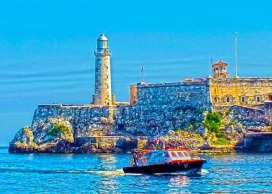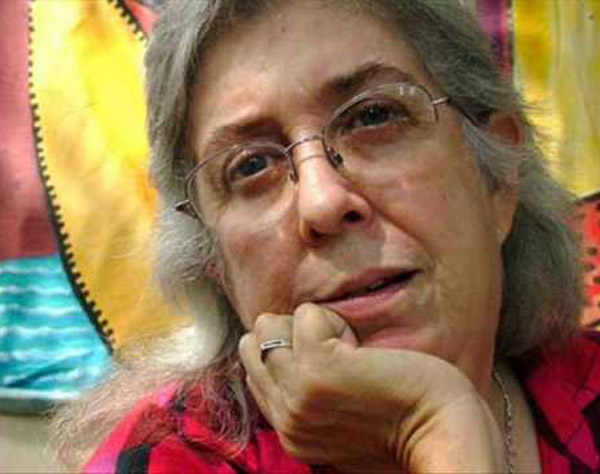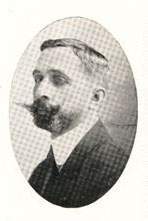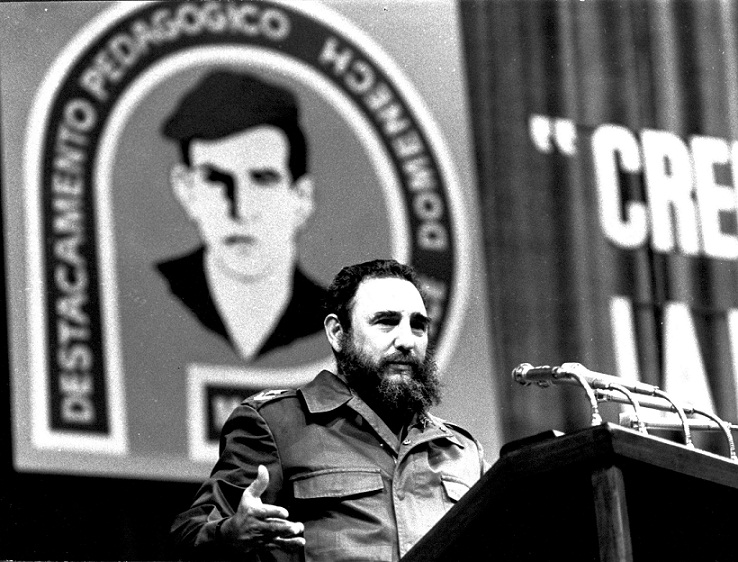
Havana ephemeris. July 13.
1951. Sara González was born in the Marianao area of Havana.

During her time as a student, she met the young troubadours Silvio Rodríguez and Pablo Milanés, who together with Noel Nicola founded the Nueva Trova Movement. They encouraged her to set José Martí's Simple Verses to music, which would later become her first long-playing album. From there was born her link with that musical movement, within which she was characterized for having been the most representative female voice. She, too, Sara, entered the National School of Art Instructors and upon completing her studies she joined the faculty of that institution.
She also received composition, harmony and orchestration classes from maestro Leo Brouwer during her stay at the Sound Experimentation Group of the Cuban Institute of Cinematographic Art and Industry, ICAIC, which she joined in 1972.
Various are the creations that became very popular in her voice. She was inspired and sang to the Homeland and to the significance and development of important events in Cuban history.
She created music for the movies, and for television and radio shows. She participated in several collective albums together with other figures from the Nueva Trova Movement and the ICAIC Sound Experimentation Group. He shared stages with great figures of Cuban and international music.
His death occurred in Havana on February 1, 2012.
1963. The writer Juan Manuel Planas Sainz dies in Havana.

From a very young age he admired Jules Vernes, a French writer, playwright and poet famous for his adventure novels and for his profound influence on the literary genre of science fiction and his work. That motivated his future work as a science fiction writer. He was also influenced by the existing legends in the area of Cienfuegos, his homeland. In 1920 he managed to edit what would turn out to be the most popular of his novels, the one he titled "La Corriente del Golfo", which has been considered the first science fiction story written in Cuba.
Three years later he entered the Cuban Academy of Sciences. Then he presented his work The study of the sea, which was later published as a brochure. With that essay he initiated a line of investigation that would become one of the constants of his scientific and literary production. Over the course of the following years and at the Cuban Academy of Sciences itself, he presented other important investigations, including The Exploitation of the Sea, The Force of the Sea and Introduction to Oceanography.
For his outstanding work he was considered the Pioneer of science fiction in Cuba.
His birth occurred on November 24, 1877.
1979. Commander in Chief Fidel Castro delivers a speech at the graduation ceremony of the Manuel Ascunce Domenech Pedagogical Detachment, held at the Karl Marx Theater in Havana.

He pointed out when referring to those who concluded their studies: “As you can see, two generations of teachers. Those of the first contingent, with the double merit of having been the first: the first to graduate as teachers, and the first to graduate as graduates. We remember perfectly well when they graduated, after five years of study, two years ago, and they were all asked to make a special effort to continue their studies and obtain a bachelor's degree”.
Fidel also exposed a significant consideration in relation to the role of educators.
He stressed: “We must realize the responsibility that educators have, the responsibility they have in our society, in our social system, in our Revolution, in our future, because it is the teachers and professors who work with children and with Young.
The success of our Revolution, the security of our future; the success of our socialism will depend largely on what educators are capable of doing.”